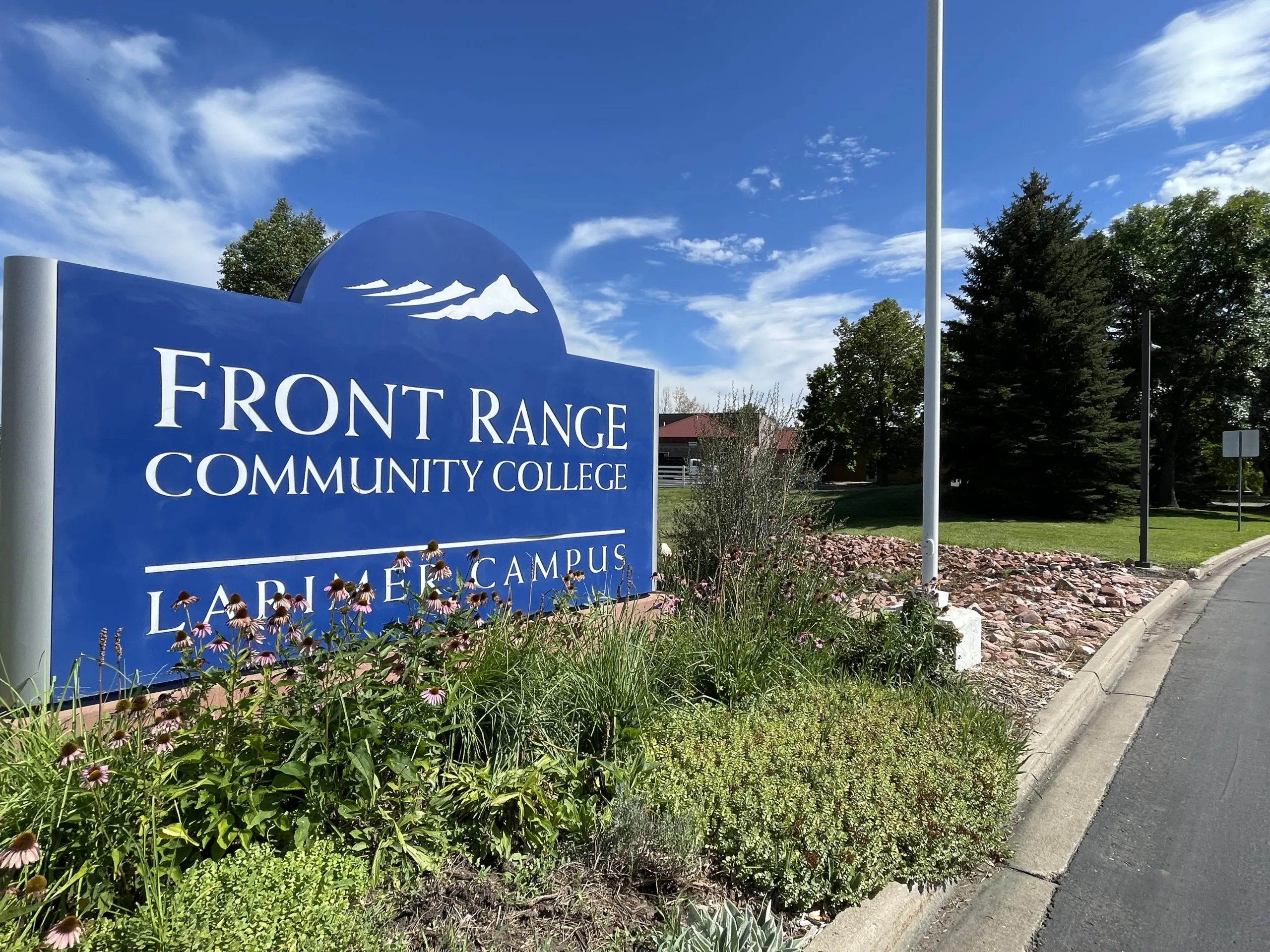Corporate execs: Unsettled times affect nature of innovation
FORT COLLINS — High inflation, the prospect of a recession, and a general sense of instability in the economy may very well be affecting the degree and nature of innovation that companies are experiencing.
That was the assessment of several executives from innovative companies in Northern Colorado who participated on Tuesday in BizWest’s CEO Roundtable on Innovation.
The event was held at the Elevations Credit Union conference space above the branch on Mountain Avenue in Fort Collins.
“I keep saying to people that ‘we’ve never been here before’ so the projections people are making are just projections,” said Jan Harrison, founder of Compass…
THIS ARTICLE IS FOR SUBSCRIBERS ONLY
Continue reading for less than $3 per week!
Get a month of award-winning local business news, trends and insights
Access award-winning content today!





